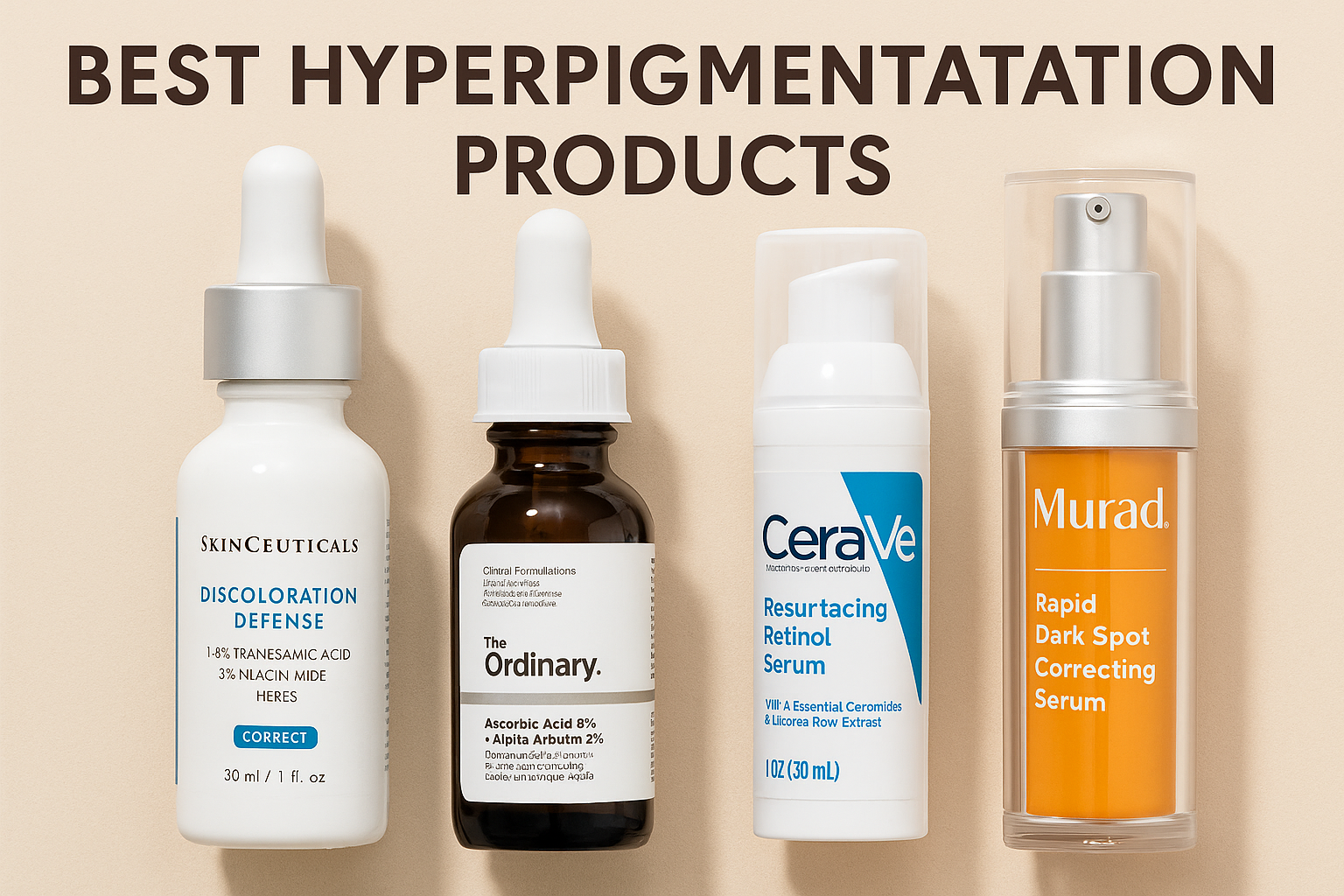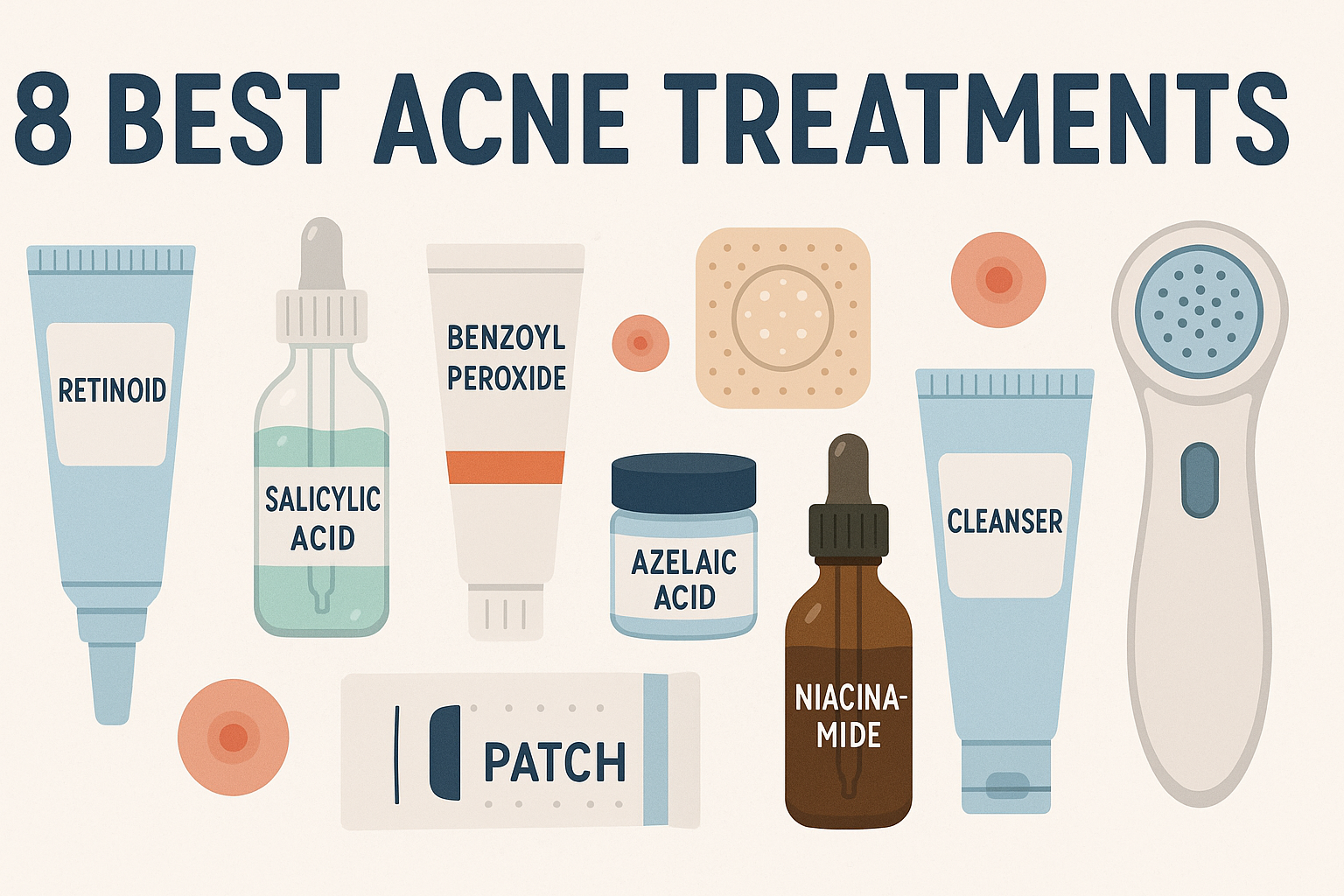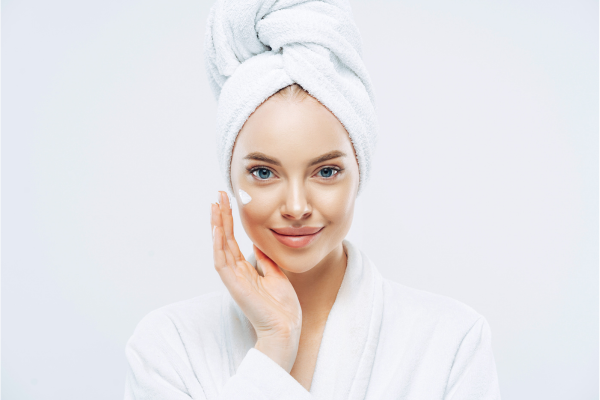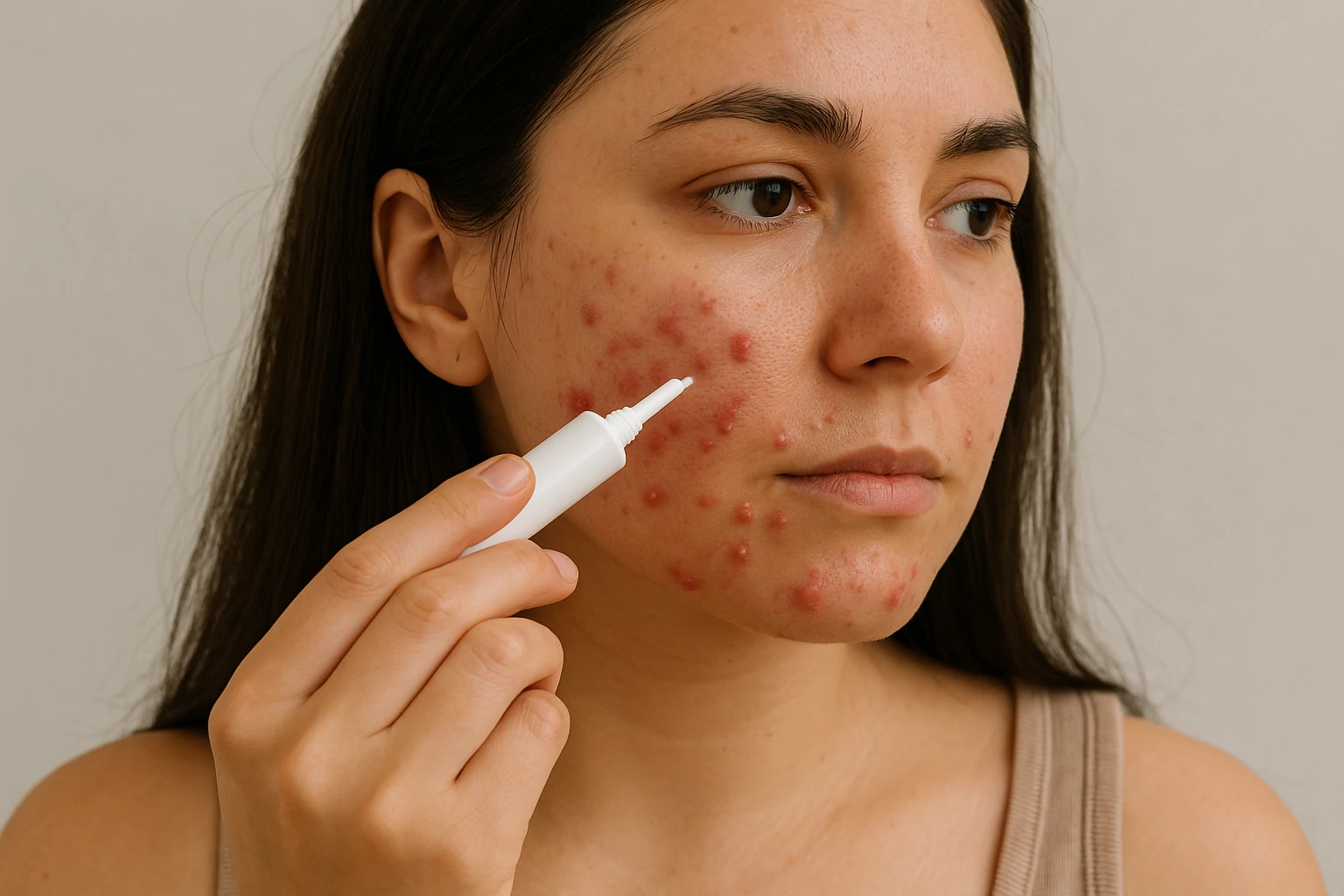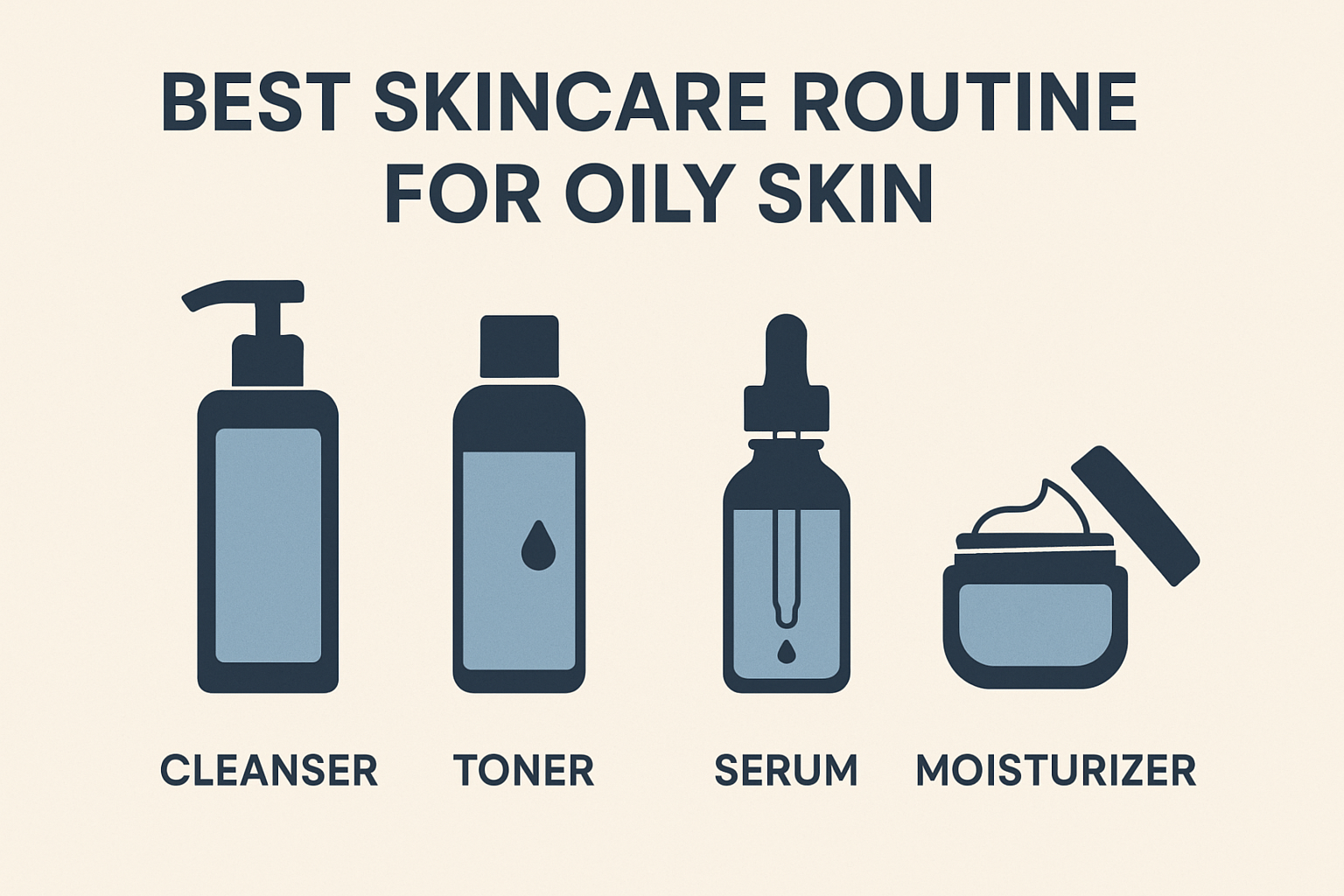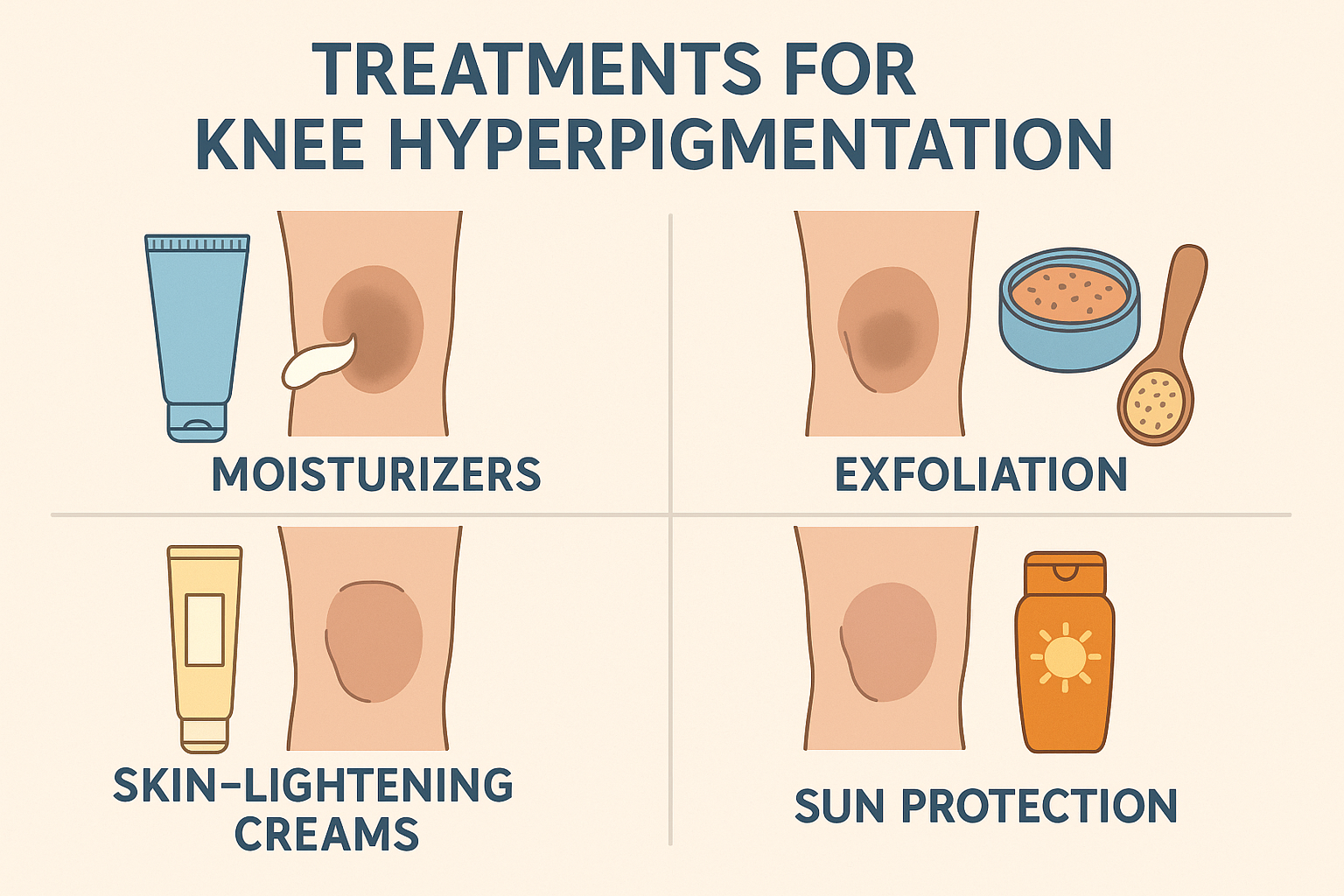Do IUDs Cause or Clear Acne? Dermatologists Explain
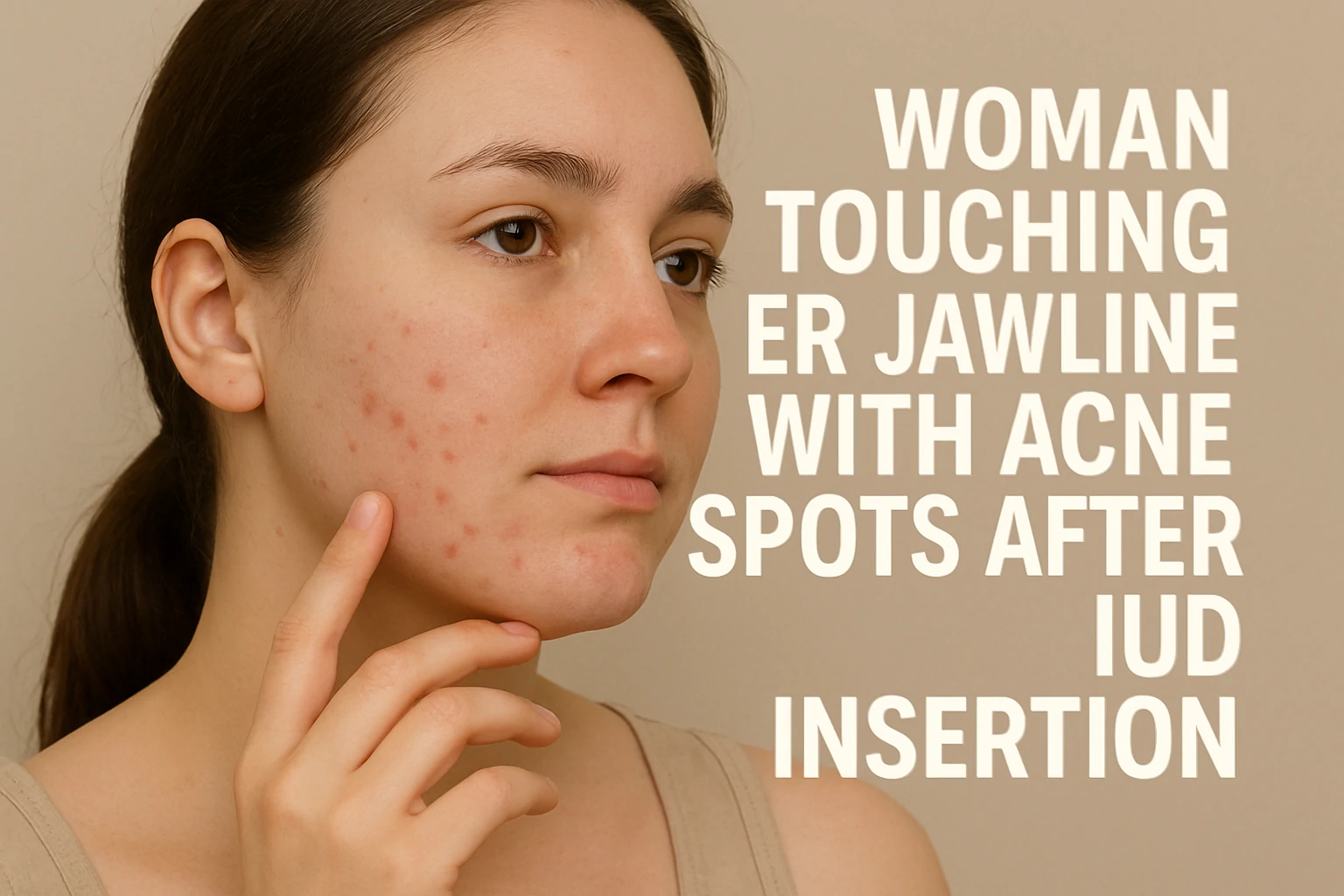
Many people choose birth control pills not only to prevent pregnancy but also for skin benefits—like reducing menstrual flow and clearing acne. This is mainly because certain hormones in the pill help regulate androgen levels, which can trigger oily skin and breakouts.
But what about IUDs? Some celebrities have shared stories of acne flaring up after getting a hormonal IUD, sparking debate about its potential skin effects.
Scientifically, there’s limited evidence directly linking IUDs to acne. However, dermatologists and OB-GYNs note that hormonal IUDs can influence your body’s hormone balance—especially in individuals sensitive to progestin, the synthetic hormone used in many IUDs.
Still, not everyone will experience breakouts. Your body’s reaction is unique, and understanding those changes is key. If you notice skin issues after an IUD insertion, it’s smart to check in with a medical professional.
Curious whether your IUD is affecting your skin—and what you can do about it? Keep reading to find out more.
Is There a Real Connection Between IUDs and Acne?
While hormonal birth control is often prescribed to improve acne, the story isn’t so straightforward for all types. IUDs, especially hormonal ones, may trigger breakouts in some people—though not always directly.
Switching from a combination birth control pill (which contains estrogen) to a hormonal IUD may cause acne due to the sudden drop in estrogen levels. This shift can temporarily disrupt your hormonal balance, especially if your skin is already acne-prone.
Progestin—the hormone found in many IUDs—may stimulate oil production in your skin. More oil can mean clogged pores and, eventually, breakouts. Dermatologists agree that while the risk is lower than with other methods, it’s not zero.
Because hormonal reactions vary from person to person, it’s important to talk to your doctor before switching contraceptives—especially if you have a history of hormonal acne.
Can Copper IUDs Cause Breakouts Too?
Copper IUDs are non-hormonal and don’t directly interfere with your hormone levels—so theoretically, they shouldn’t cause acne. But there’s a catch.
If you previously used hormonal birth control pills that helped clear your skin, stopping them can cause a temporary flare-up. That rebound acne happens not because of the copper IUD, but because your body is adjusting to life without hormone regulation.
In this case, the copper IUD just happens to be present during your skin’s adjustment period.
The good news? Most post-pill acne improves over time as hormone levels stabilize. Copper IUDs remain a great option for those seeking hormone-free contraception with minimal skin-related side effects.
How to Spot Acne That May Be Linked to an IUD
Not all breakouts are IUD-related. But if acne appears after getting an IUD, especially a hormonal one, here’s what to watch for.
Hormonal acne usually shows up along the jawline and chin—areas sensitive to hormone fluctuations. It often appears as deep, painful cystic pimples that sit under the skin and can be slow to heal.
Dr. Dendy Engelman, a board-certified dermatologist, explains that acne caused by hormonal shifts tends to be more inflammatory and stubborn than surface-level breakouts caused by clogged pores or poor hygiene.
Still, external factors like stress, diet, and skincare habits can also contribute. That’s why tracking your breakout patterns—and seeking professional advice—is essential before assuming your IUD is the culprit.
Will Acne Go Away If You Remove Your IUD?
If your IUD is truly causing acne, removing it might help—but don’t expect instant results. It can take weeks or even months for hormones to rebalance and for breakouts to clear.
According to dermatologists, the type and severity of your acne matter. Deep cystic acne takes longer to heal, even after the trigger is removed.
Also, your baseline skin type plays a role. If you were already acne-prone, removing the IUD might not fully resolve the issue. In some cases, stopping a hormonal IUD can even cause temporary hormonal shifts that worsen breakouts before improving.
Before deciding to remove your IUD solely because of acne, consult a dermatologist. Together, you can weigh the pros and cons and explore other acne treatments that don’t require changing your birth control.
Preventing and Treating Acne Linked to IUDs
If you suspect your IUD is causing breakouts, especially the hormonal kind, the ingredient to watch is levonorgestrel. This synthetic progestin is known to affect androgen levels, which can increase oil (sebum) production in the skin.
Excess sebum may clog pores, leading to inflammation and acne—particularly in those already sensitive to hormonal shifts.
Here’s how to reduce the risk and manage IUD-related acne:
- Use oil-free, non-comedogenic skincare. Products like Neutrogena Stubborn Acne AM/PM Treatment can help.
- Avoid touching your face to prevent spreading bacteria.
- Eat a balanced diet and manage stress—both impact hormone levels.
- Consult a board-certified dermatologist to tailor treatment for your skin type.
Treatment success varies from person to person. It’s not about one magic product—it’s about understanding your skin’s response and choosing the right strategy.
Best IUD Options for Acne-Prone Skin
If you’re prone to breakouts, the type of IUD you choose matters. Hormonal IUDs often contain levonorgestrel, which can raise oil production and worsen acne for some.
In contrast, copper IUDs are hormone-free and don’t impact oil levels or hormonal balance. That makes them a safer option for those with sensitive or acne-prone skin.
Here are expert-backed suggestions:
- Choose non-hormonal (copper) IUDs if you’ve experienced hormonal acne in the past.
- Always talk to both a gynecologist and dermatologist before choosing a contraceptive—they’ll help weigh skin concerns alongside reproductive health.
Each body reacts differently, so there’s no one-size-fits-all. Taking a personalized approach ensures your skin stays clear without compromising your birth control comfort.
Why Do Hormones Affect Your Skin?
Hormones play a big role in how your skin behaves—especially when it comes to oil production. When androgens like testosterone increase, they stimulate oil glands in the skin, leading to excess sebum and clogged pores.
This hormonal imbalance is often the root cause of cystic acne, which appears as deep, painful pimples around the jawline, chin, and lower face.
Not just testosterone—fluctuations in estrogen and progesterone can also throw off your skin’s balance, especially during menstruation, pregnancy, or when starting/stopping hormonal birth control.
Understanding this connection helps you make smarter skincare and contraceptive choices. If your skin reacts strongly to hormonal changes, consider hormone-free birth control and work with a dermatologist to manage flare-ups.
IUD vs Birth Control Pills: Which Is Better for Your Skin?
When it comes to breakouts, not all birth control methods are equal. Combination birth control pills (which include both estrogen and progestin) are often prescribed to reduce acne because they suppress androgen activity.
On the other hand, hormonal IUDs only contain progestin—without estrogen. In some users, this can actually trigger acne by increasing sebum production.
Copper IUDs, being hormone-free, tend to have a neutral effect on the skin and are a good option if you want to avoid hormonal side effects altogether.
Here’s a quick guide:
- Choose combination pills if acne control is a priority and you tolerate estrogen well.
- Opt for a copper IUD if you’re hormone-sensitive and want minimal skin impact.
The right method depends on your skin, your body, and your lifestyle. A doctor can help you decide what works best based on both your skin and reproductive health.
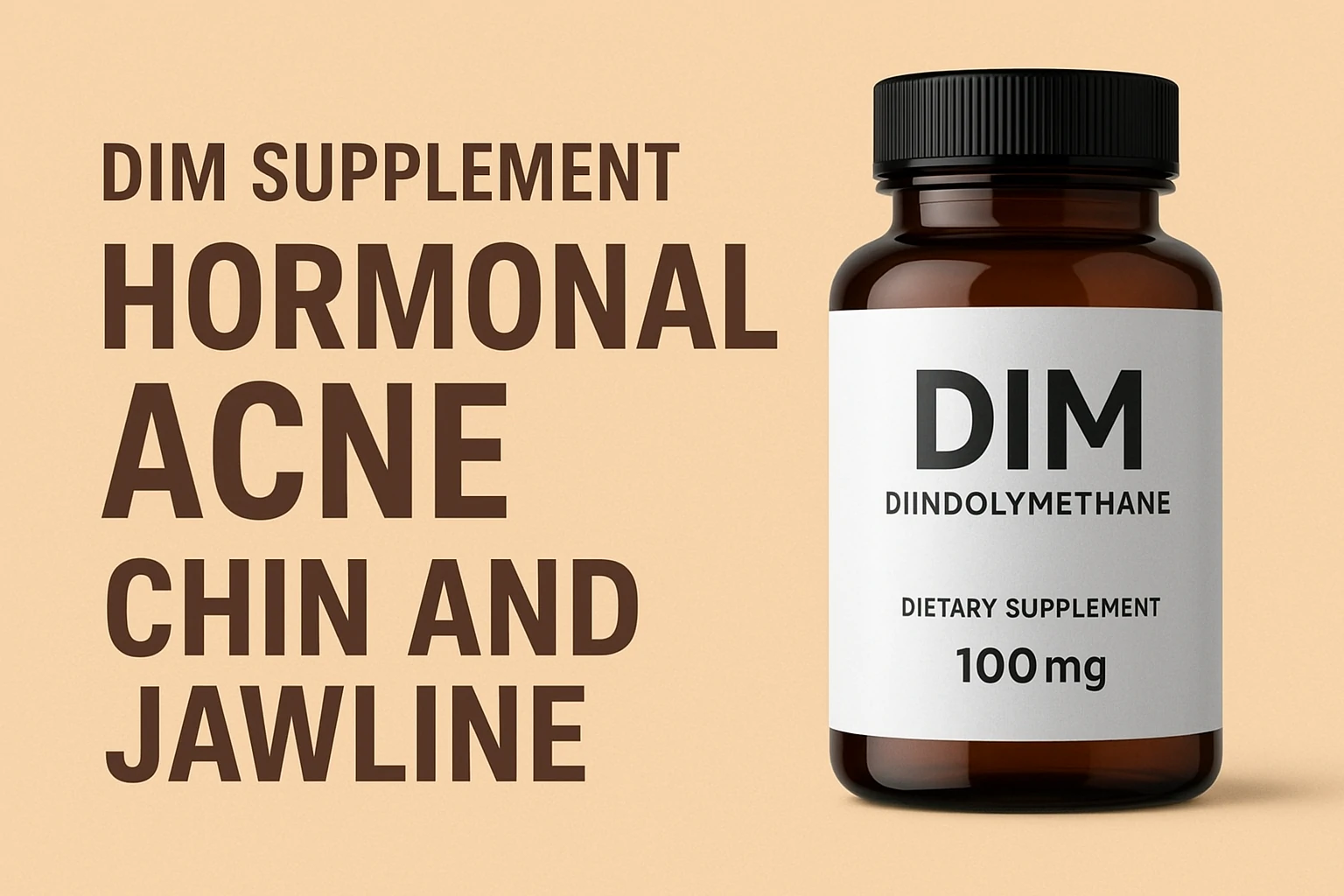
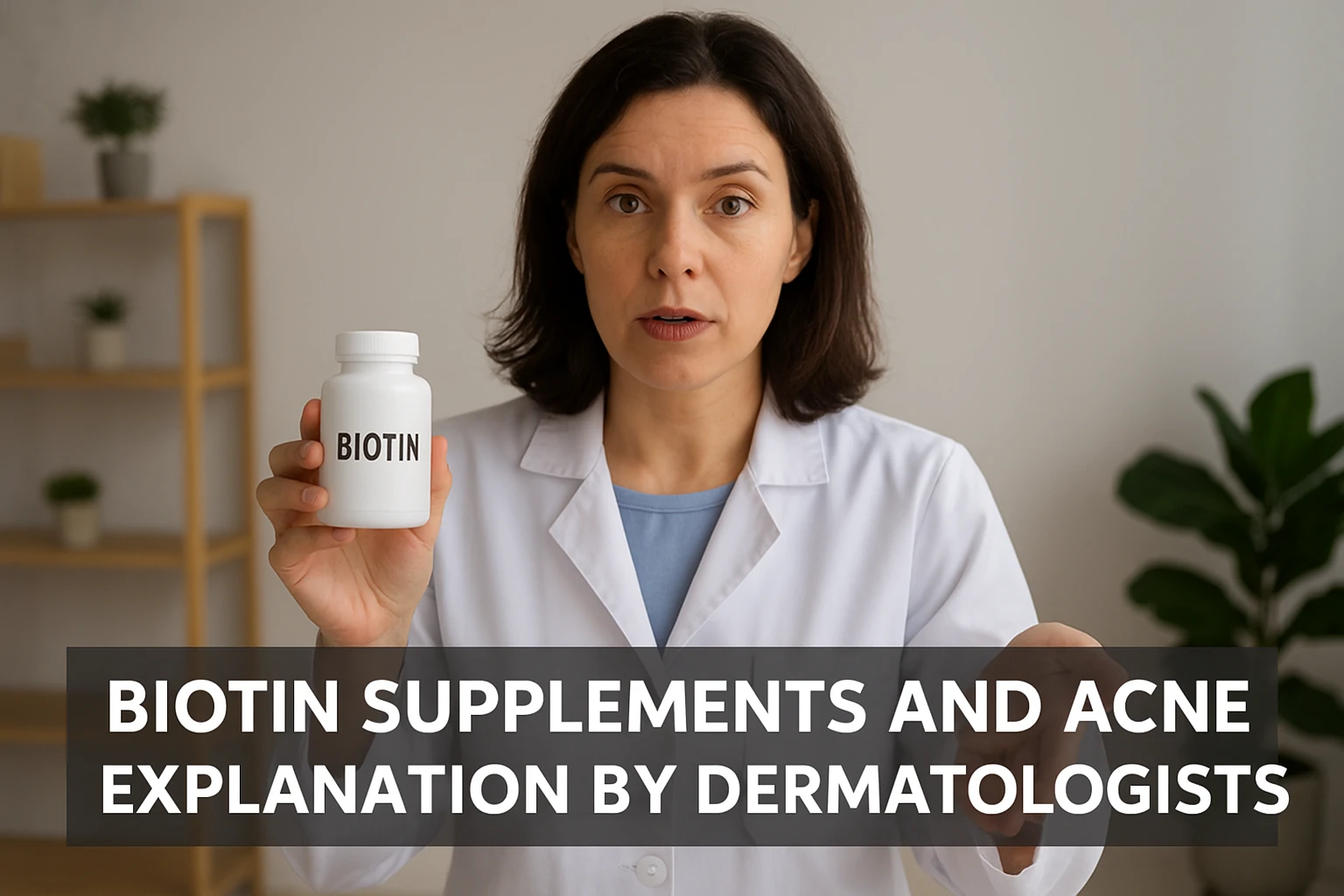
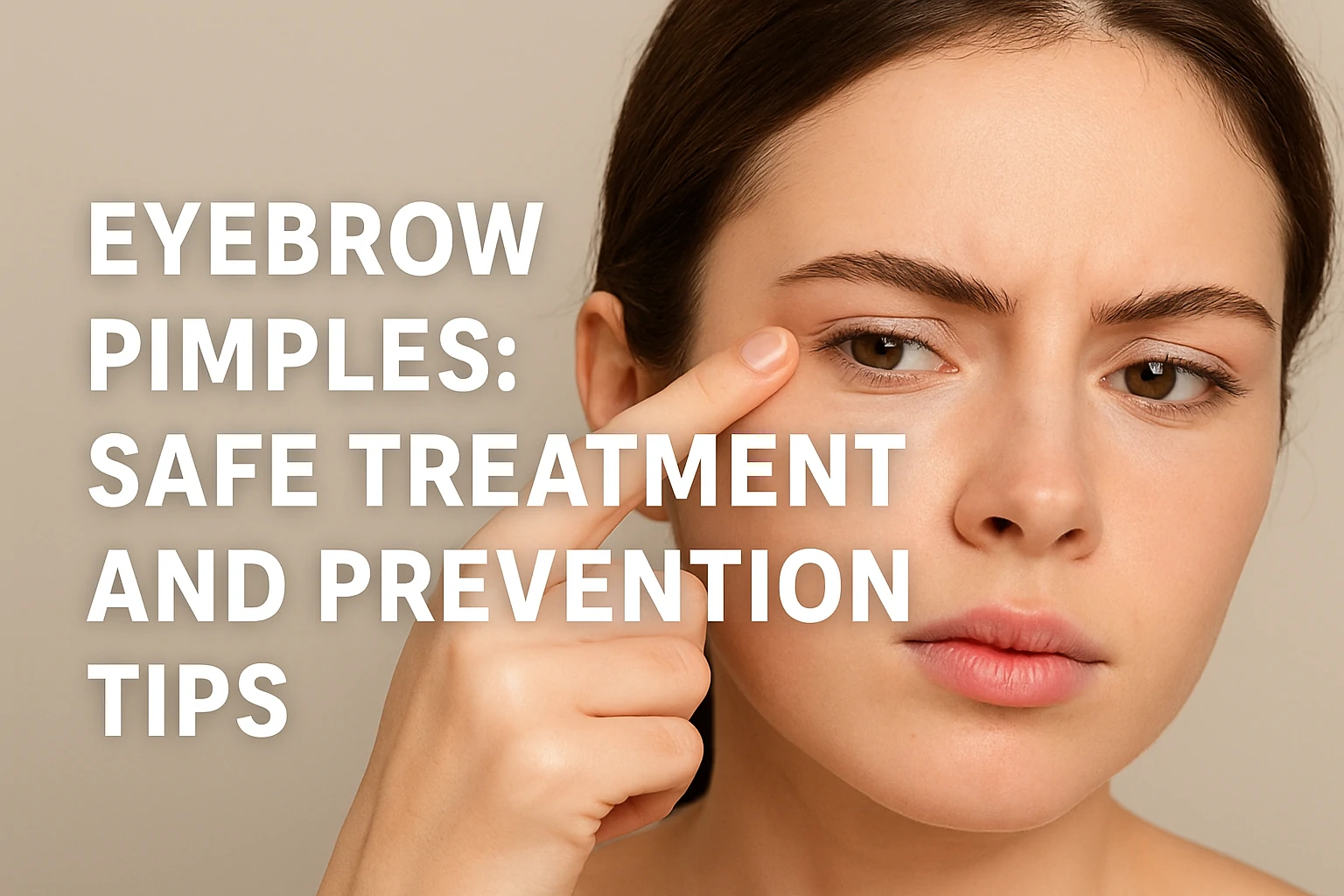
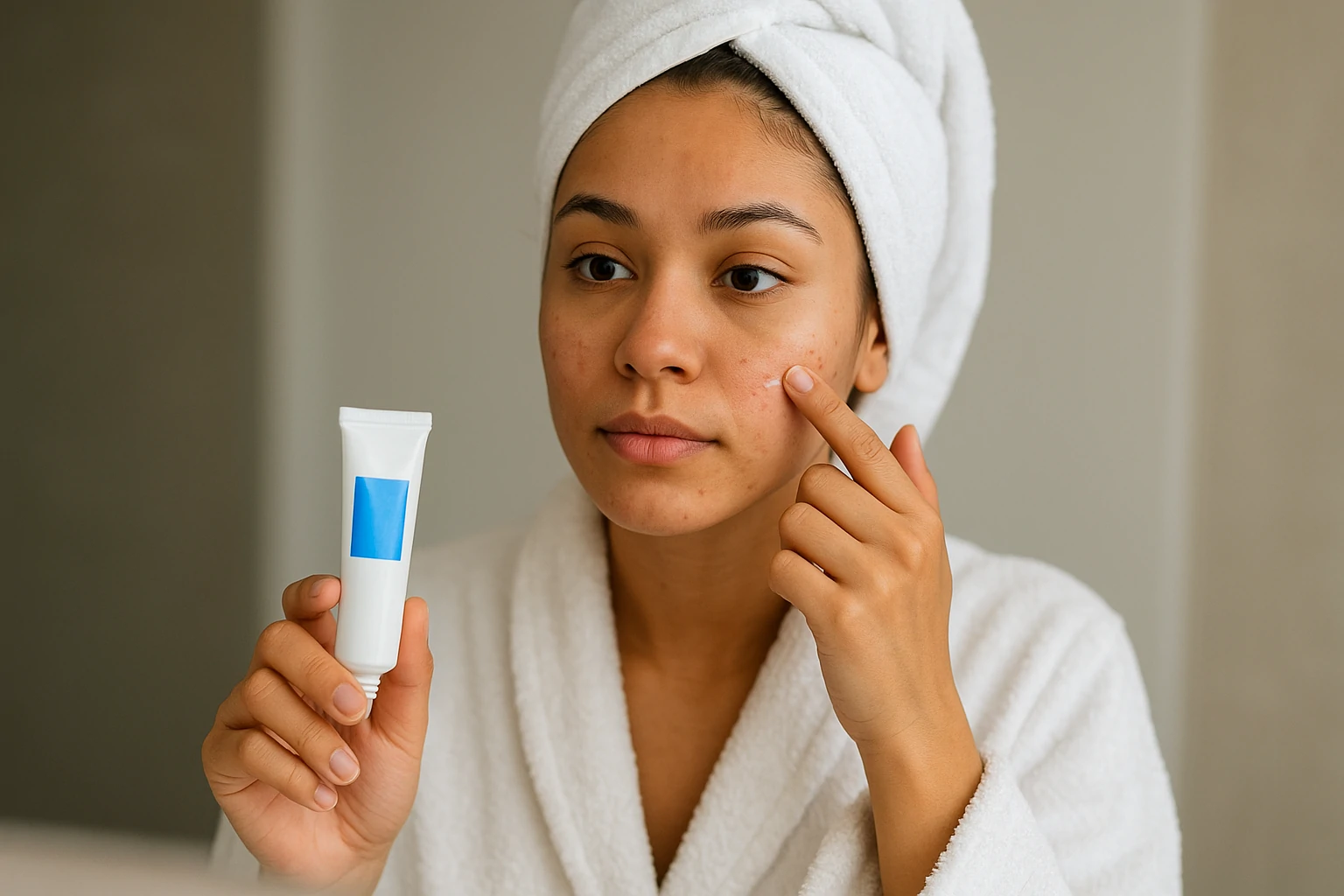
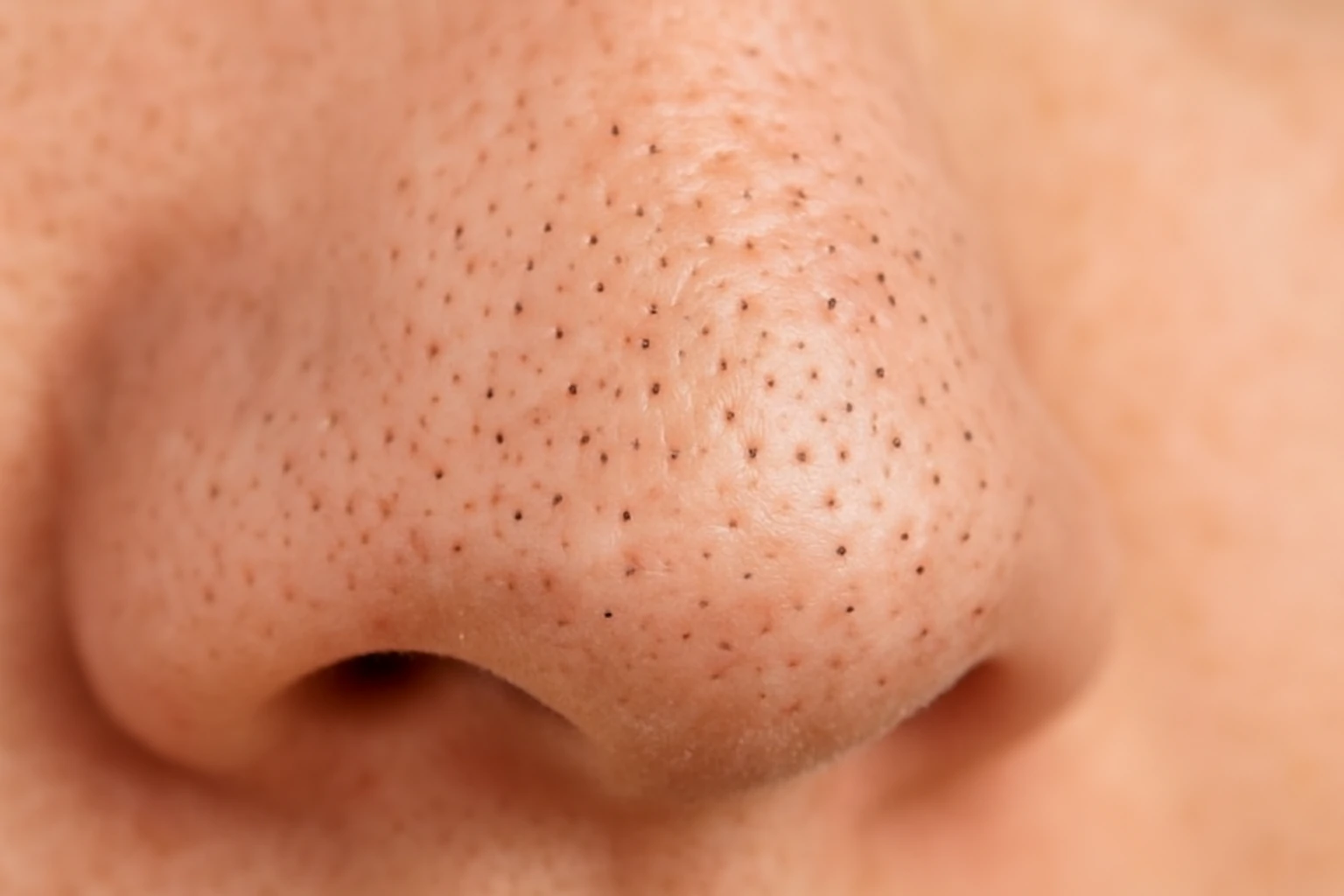
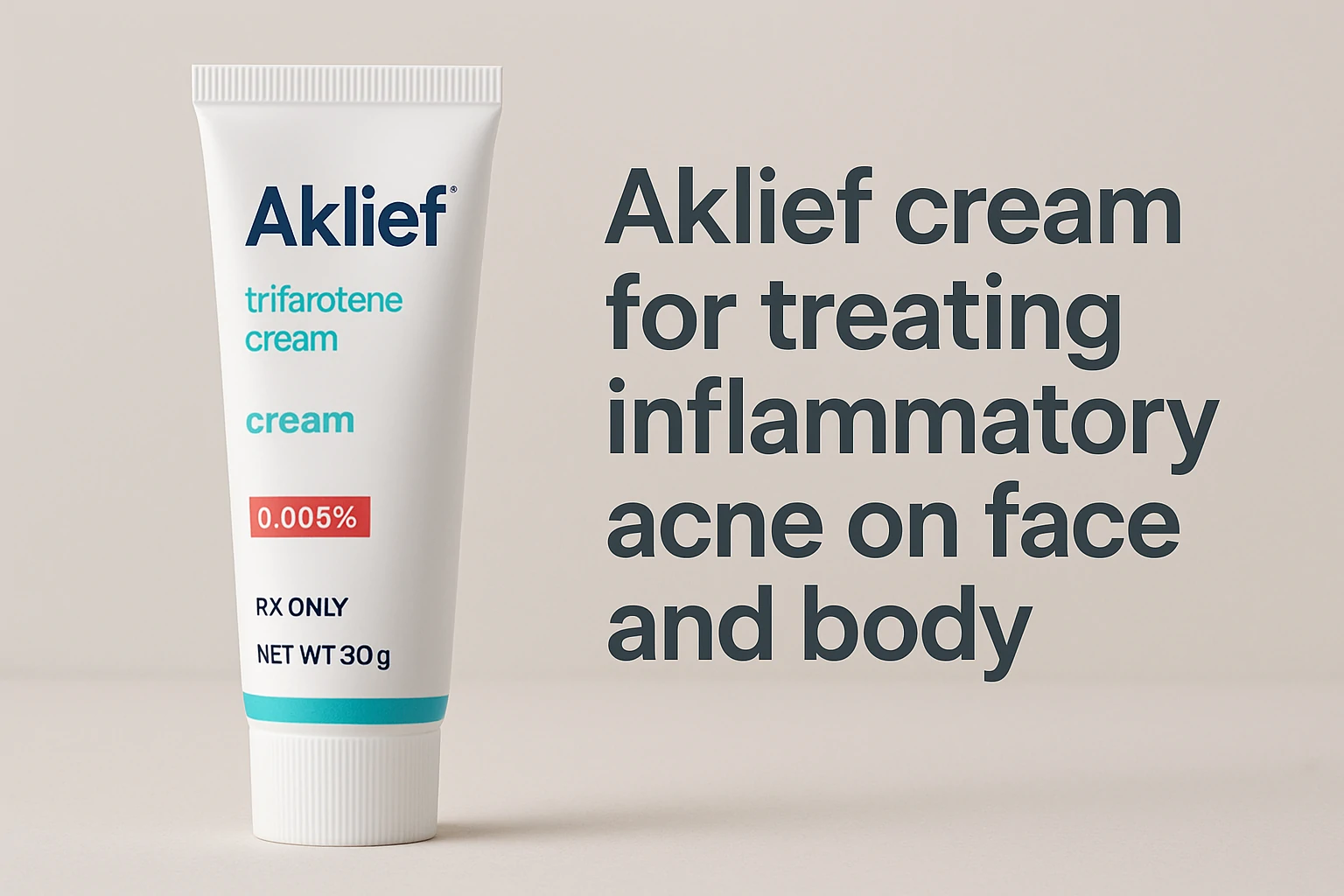
 Acne
Acne Anti-Aging
Anti-Aging Business
Business Digital Marketing
Digital Marketing Economics
Economics Exfoliation
Exfoliation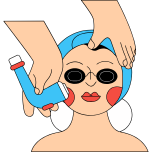 Hair Removal
Hair Removal Movies
Movies Personal Finance
Personal Finance Websites
Websites
